Ruhollah Musavi Khomeini was an Iranian political and spiritual leader who ruled from 1979 to 1989. He was born in Khomeyn, probably on May 17, 1900. At that time, Iran was part of Persia and governed by a sovereign with the title of Shah. Khomeini’s father and grandfather were mullahs, or Shiite religious leaders. Khomeini's studies concentrated in particular on Sharia, or Islamic law. In the 1950s, Khomeini became an ayatollah, and later a grand ayatollah, a title reserved for important Islamic religious leaders. In 1963, Shah Mohammad Reza Pahlavi, supported by the United States, led the White Revolution, a series of reforms to help modernize Iran. Khomeini opposed these changes, accusing the Shah of trying to corrupt Iranian society.
On June 5, 1963 Khomeini was arrested. Protests broke out demanding his freedom, they were quashed by the Shah’s forces. On November 4, 1964 Khomeini was forced into exile. He passed the next 10 years abroad, continuing to promote opposition to Pahlavi’s authoritarian regime. His popularity in Iran grew enormously. In the summer of 1978, uprisings rocked Iran, leading to an Islamist revolution. In January 1979, the Shah was forced to flee. On February 1, Khomeini returned to home, where he was welcomed in triumph by huge crowds.
Two months later, a referendum transformed Iran into an Islamic Republic. The laws of the new state were based on a literal interpretation of the Koran. Clerics formed the government, Khomeini took on the lifetime post of the country’s leader. Khomeini ruled with a firm hand, suppressing all dissent. He oversaw a rigid Islamization of society, aimed at stripping all traces of western culture from the country. In November 1979, Muslim militants close to the new regime stormed the US Embassy in Teheran and kidnapped 52 people. The hostages were taken to retaliate for aid the US had given to the Shah. After 444 days in captivity, hostages were freed in exchange for a hefty ransom in weapons and cash. Khomeini managed to boost his own prestige. Many Islamic movements around the world wanted to emulate the Iranian revolution. Khomeini also confronted Saddam Hussein, leader of a secular regime in neighboring Iraq. The Iran-Iraq War broke out in 1980 and lasted eight years. The war ended without any clear winner, but allowed the ayatollah to isolate secular elements in Iranian society and bolster the power of clerics. Ruhollah Khomeini, founder of the world’s first Islamic Republic, died of cancer in Teheran on June 3, 1989. He was 89.
On June 5, 1963 Khomeini was arrested. Protests broke out demanding his freedom, they were quashed by the Shah’s forces. On November 4, 1964 Khomeini was forced into exile. He passed the next 10 years abroad, continuing to promote opposition to Pahlavi’s authoritarian regime. His popularity in Iran grew enormously. In the summer of 1978, uprisings rocked Iran, leading to an Islamist revolution. In January 1979, the Shah was forced to flee. On February 1, Khomeini returned to home, where he was welcomed in triumph by huge crowds.
Two months later, a referendum transformed Iran into an Islamic Republic. The laws of the new state were based on a literal interpretation of the Koran. Clerics formed the government, Khomeini took on the lifetime post of the country’s leader. Khomeini ruled with a firm hand, suppressing all dissent. He oversaw a rigid Islamization of society, aimed at stripping all traces of western culture from the country. In November 1979, Muslim militants close to the new regime stormed the US Embassy in Teheran and kidnapped 52 people. The hostages were taken to retaliate for aid the US had given to the Shah. After 444 days in captivity, hostages were freed in exchange for a hefty ransom in weapons and cash. Khomeini managed to boost his own prestige. Many Islamic movements around the world wanted to emulate the Iranian revolution. Khomeini also confronted Saddam Hussein, leader of a secular regime in neighboring Iraq. The Iran-Iraq War broke out in 1980 and lasted eight years. The war ended without any clear winner, but allowed the ayatollah to isolate secular elements in Iranian society and bolster the power of clerics. Ruhollah Khomeini, founder of the world’s first Islamic Republic, died of cancer in Teheran on June 3, 1989. He was 89.
RELATED
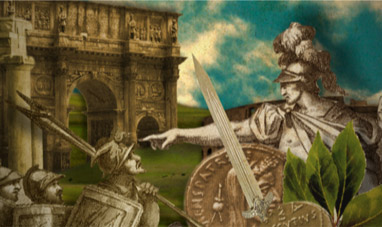

JULIUS CAESAR
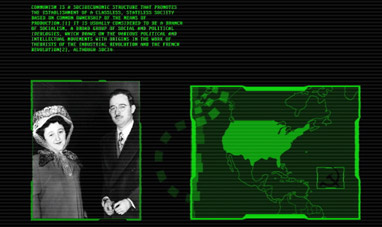

ROSENBERGS, THE
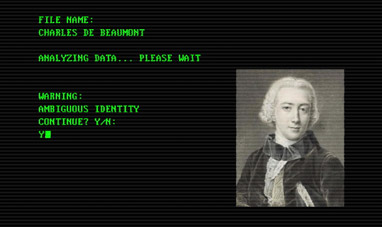

CHARLES DE BEAUMONT, CHEVALIER D'EON
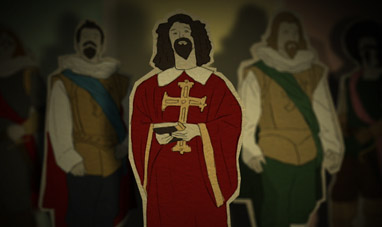

ARMAND-JEAN DU PLESSIS DE RICHELIEU
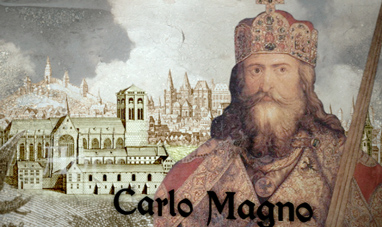

CHARLEMAGNE
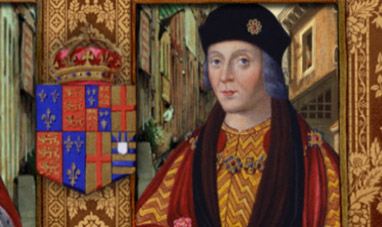

HENRY VII
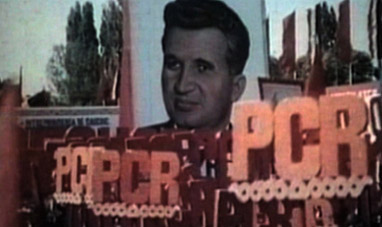

NICOLAE CEAUSESCU


CATHERINE DE MEDICI
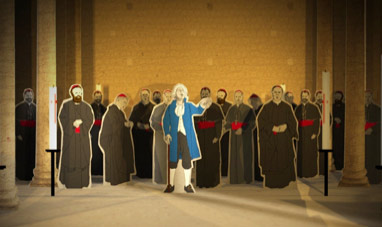

TALLEYRAND
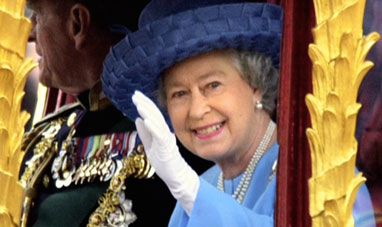

ELIZABETH II
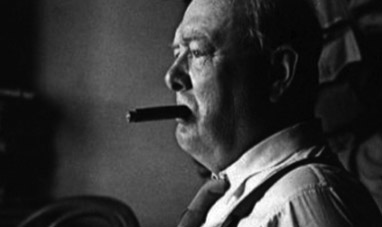

WINSTON CHURCHILL
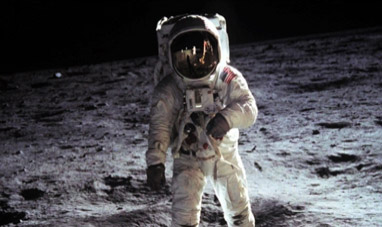

NEIL ARMSTRONG
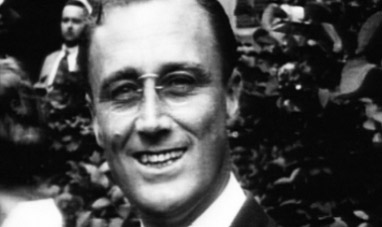

FRANKLIN DELANO ROOSEVELT
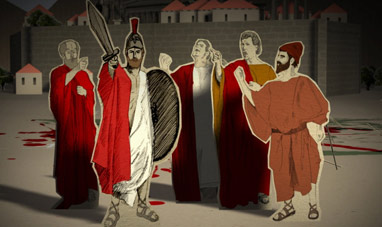

PERICLES
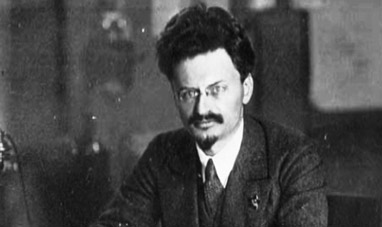

TROTSKY
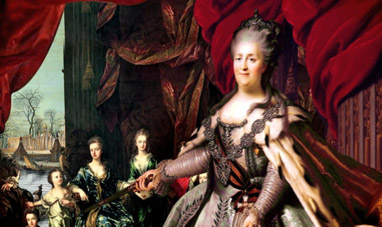

CATHERINE THE GREAT
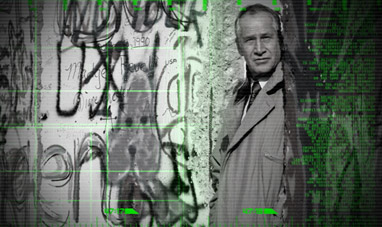

MARKUS WOLF
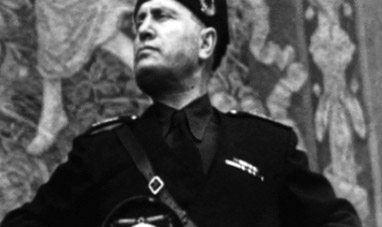

BENITO MUSSOLINI
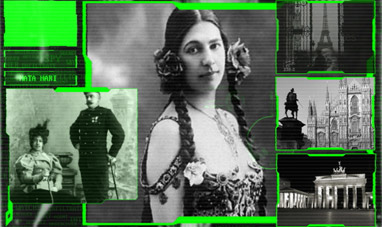

MATA HARI
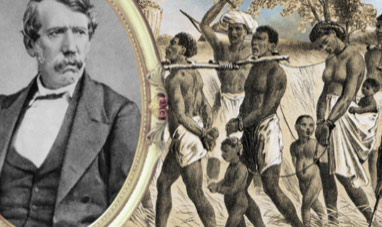

LIVINGSTONE, DAVID
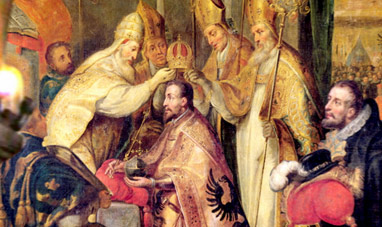

FREDERICK II, HOLY ROMAN EMPEROR
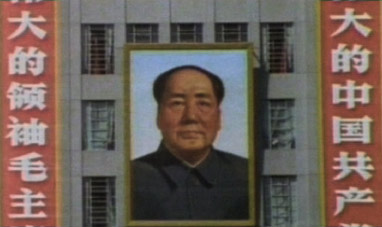

MAO ZEDONG
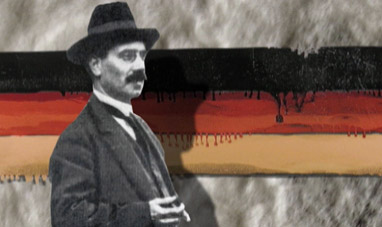

KARL LIEBKNECHT
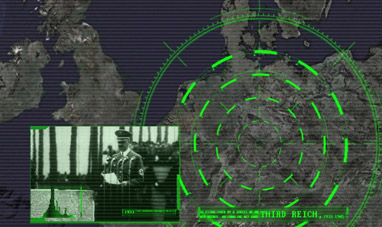

RICHARD SORGE
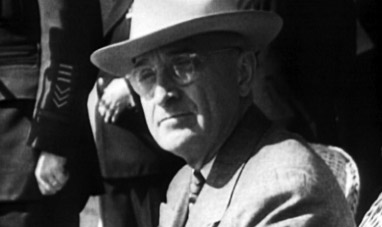

HARRY TRUMAN
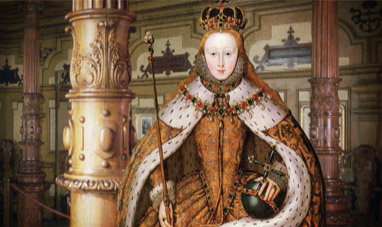

ELIZABETH I
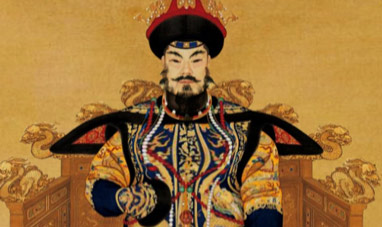

QIN SHI HUANG
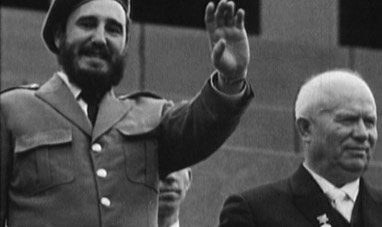

FIDEL CASTRO
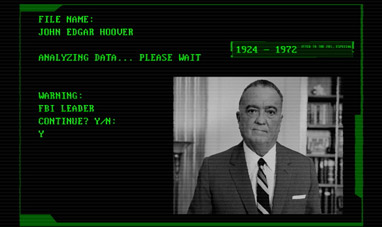

JOHN EDGAR HOOVER
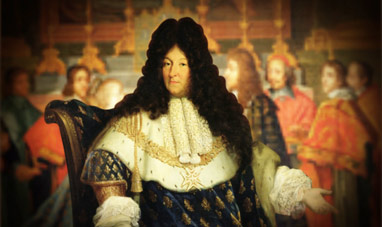

LOUIS XIV, THE SUN KING
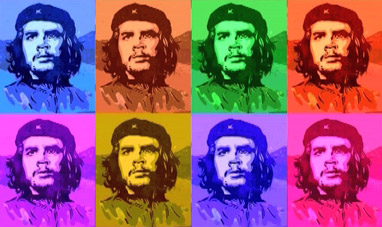

CHE GUEVARA
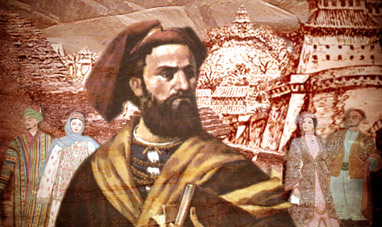

MARCO POLO
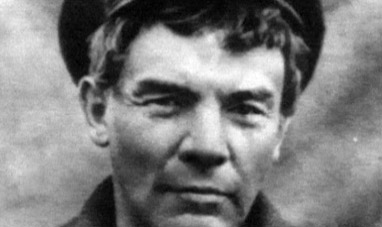

VLADIMIR LENIN
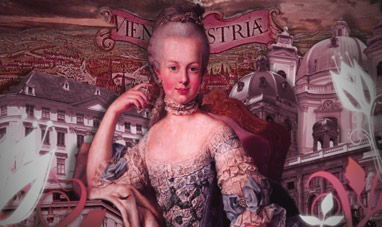

MARIE ANTOINETTE
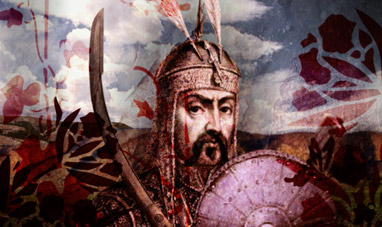

GENGHIS KHAN
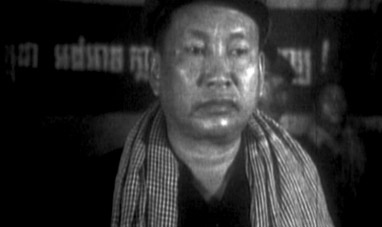

POL POT
